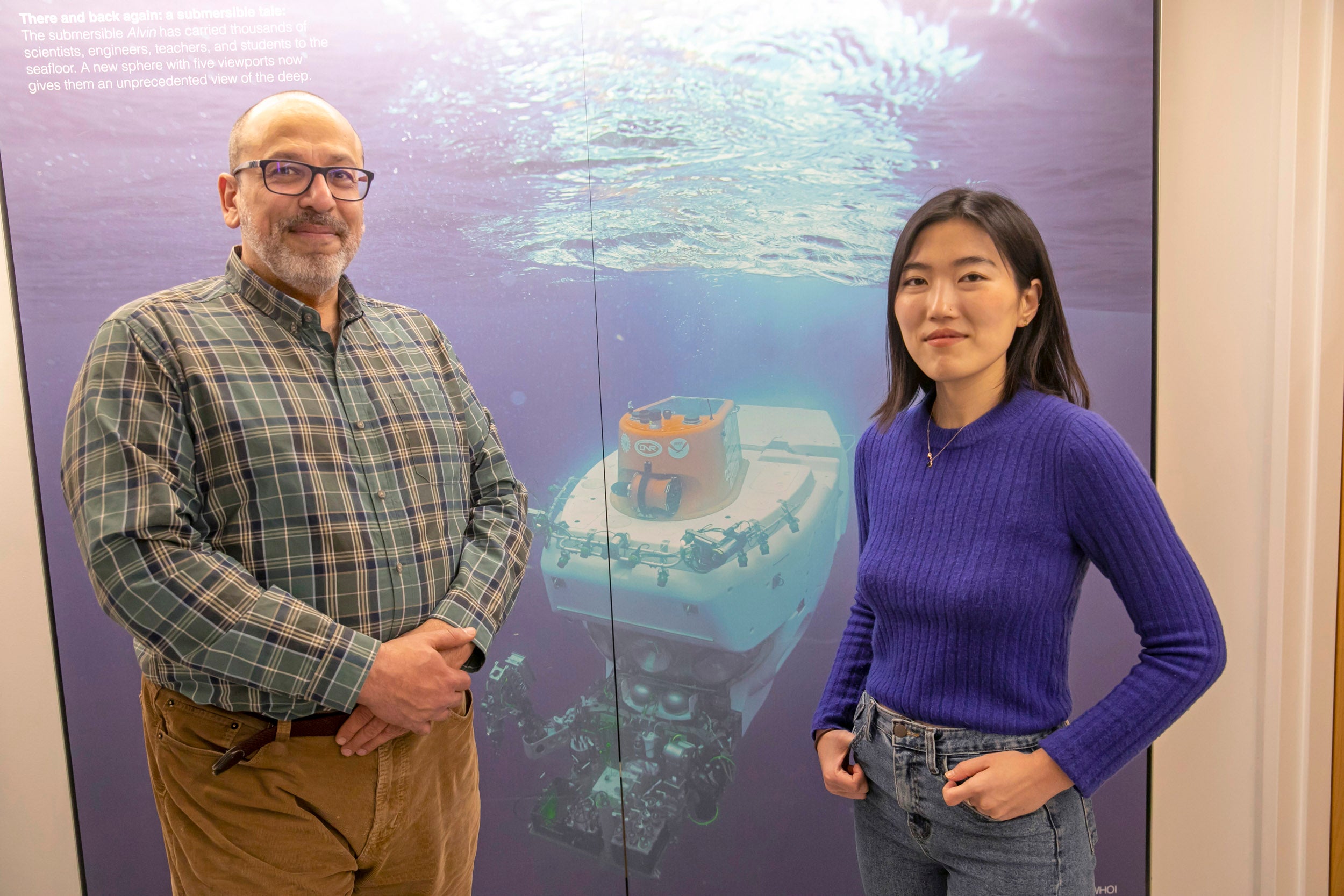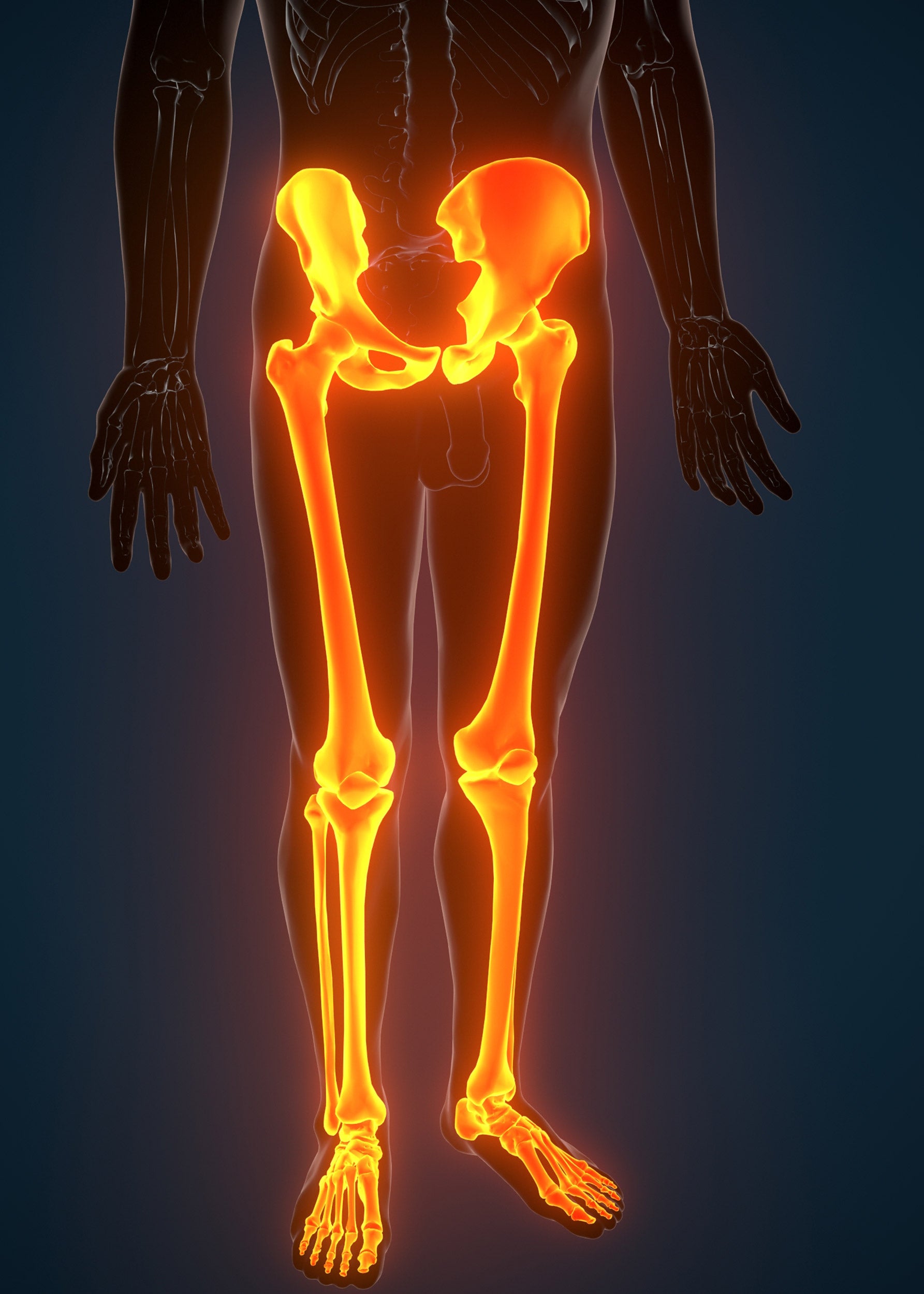Wyss Institute develops face masks to detect COVID
A team of researchers from the Wyss Institute has found a way to embed synthetic biology reactions into fabrics, creating wearable biosensors that can be customized to detect pathogens and toxins and alert the wearer.
June 28, 2021 • ~10 min
Progeria study finds base-editing therapy lengthens lifespan in mice
Several hundred children worldwide live with progeria, a deadly premature aging disease.
Jan. 27, 2021 • ~9 min
Removing the constraining requirements at gene editing site
Investigators at Massachusetts General Hospital have modified the gene editing system, making it possible to potentially target any location across the entire human genome.
March 26, 2020 • ~3 min
How CRISPR technology is advancing
Fewer off-target edits and greater targeting scope bring gene editing technology closer to treating human diseases.
Feb. 14, 2020 • ~7 min
Radcliffe symposium examines rapid advances brought by CRISPR
CRISPR gene-editing technology has conquered the lab and is poised to lead to new treatments for human disease. Experts consider the promise and peril at Radcliffe.
Oct. 28, 2019 • ~7 min
Researchers can program a CRISPR enzyme to kill viruses in human cells
Researchers have turned a CRISPR enzyme into an antiviral that can be programmed to detect and destroy RNA-based viruses in human cells.
Oct. 10, 2019 • ~5 min
New 3D mini brain models accelerate neuroscience research
Research led by scientists at Harvard and the Broad Institute has optimized the process of making human brain “organoids” — miniature 3D organ models — so they consistently follow growth patterns observed in the developing human brain.
June 5, 2019 • ~8 min
/
2




